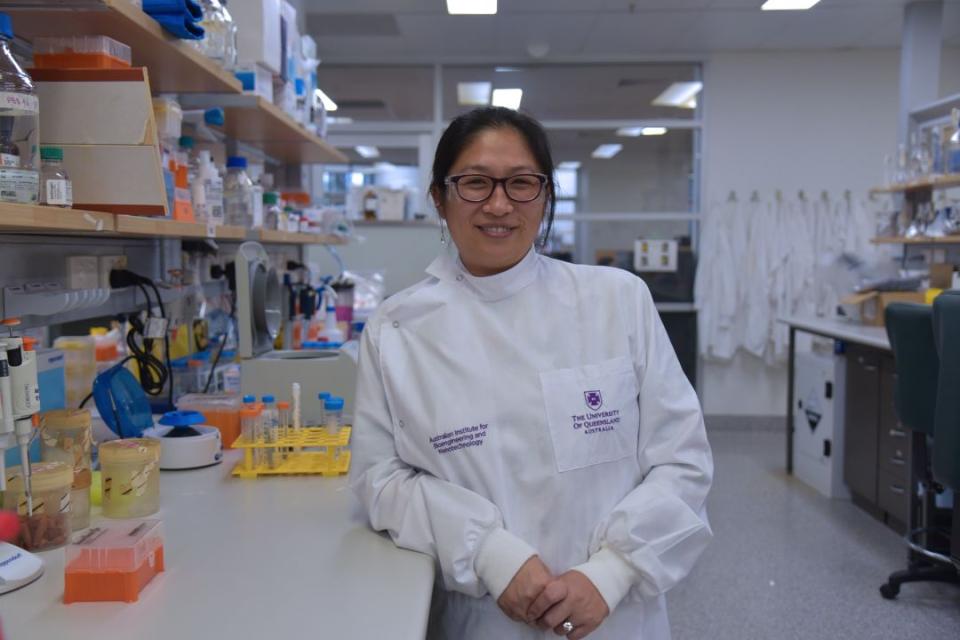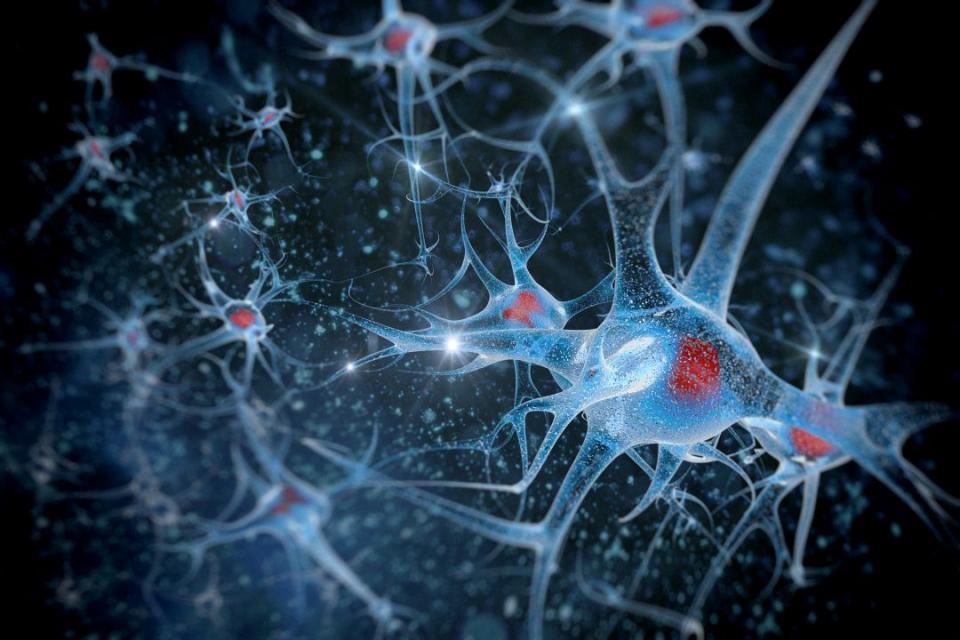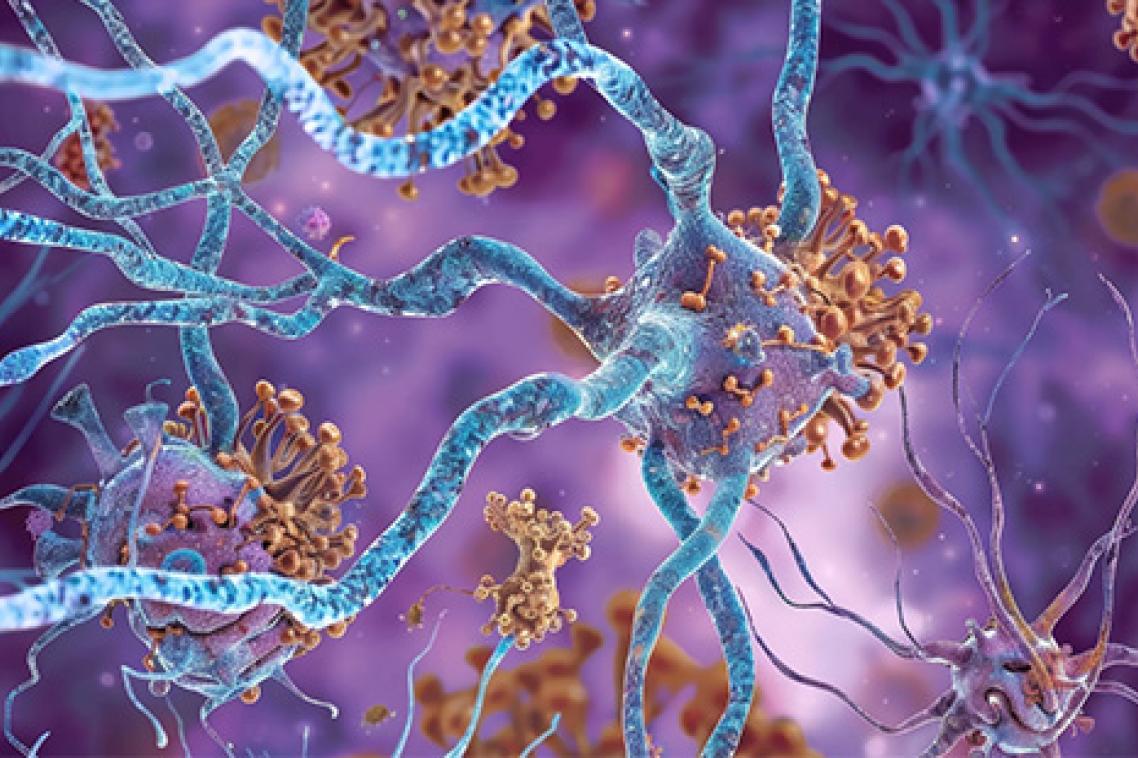Clinical trial to repurpose heart medication for MND treatment

More than 2700 people are living with ALS in Australia and currently there is no cure or effective treatment.
(Photo credit: Adobe Stock )
Key points
- UQ researchers have won $2m from FightMND and the Federal government to run an MND clinical tral
- The trial will test if a common heart medication can improve the function and quality of life for people with ALS
- Recruitment for the trial will begin in early 2026 and will include a total of 150 participants across sites in Australia, the Netherlands, Belgium, Spain and Italy.
FightMND and the Australian Government are providing $2 million to enable a clinical trial, planned to start in early 2026.
Associate Professor Shyuan Ngo, from UQ’s Australian Institute for Bioengineering and Nanotechnology (AIBN), said the trial will test if the drug Trimetazidine can improve the function and quality of life for people with Amyotrophic Lateral Sclerosis (ALS).
“ALS gradually erodes a person’s ability to control the muscles needed for movement, and to breathe on their own,” Dr Ngo said.
“More than 2700 people are living with ALS in Australia and currently there is no cure or effective treatment.”
“Being able to improve the function and mobility of a person living with ALS would be life-changing for thousands of people and their families.”

Associate Professor Shyuan Ngo will lead a clinicial trial testing the therapeutic effects of a repurposed heart medication for people with ALS.
(Photo credit: The University of Queensland)
The drug Trimetazidine is widely used in Europe to treat angina and previous studies have shown it can potentially modify metabolic factors that influence the onset and advance of ALS.
“While ALS has traditionally been thought of as a disease of the brain or spinal cord, we now know that changes to metabolism - or the rate at which the body of someone living with MND uses energy - is linked to worse outcomes,” Dr Ngo said.
The Trimetazidine clinical trial will include a total of 150 participants across sites in Australia, the Netherlands, Belgium, Spain and Italy.
More information about the trial will be available once recruitment begins in early 2026.

ALS gradually erodes a person’s ability to control the muscles needed for movement, and to breathe on their own.
(Photo credit: Adobe Stock)
It is backed by funding from FightMND and the Australian Government Department of Health, Disability and Ageing under The Public Health and Chronic Disease Program.
The trial follows the opening of the UQ Centre for MND Research earlier this year, which Dr Ngo leads in co-operation with Associate Professor Frederik Steyn from UQ’s School of Biomedical Sciences.
Related articles

UQ to lead Australian clinical trial of next-gen ovarian cancer screening test

Major milestone for UQ spin-out’s promising MND drug
Media contact
UQ Communications
communications@uq.edu.au
+61 429 056 139
